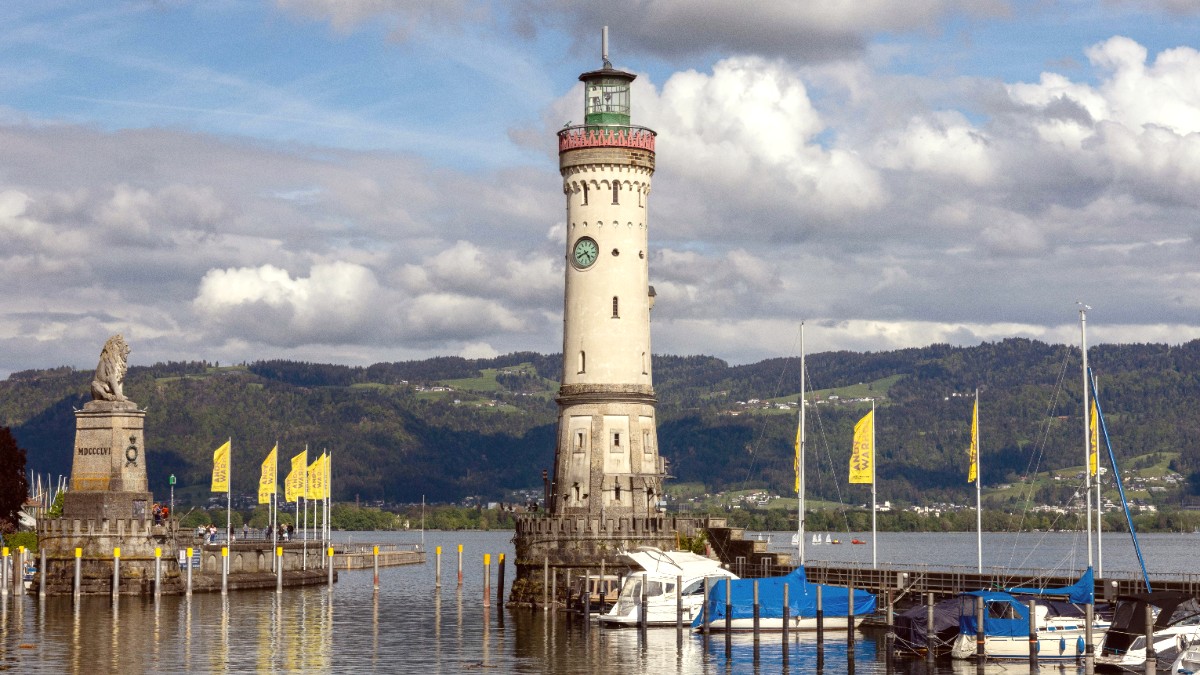
Germany
Germany's main mobile providers are Telekom (T-Mobile), Vodafone, and O2 (Telefónica). Telekom often presents the best coverage, especially in rural areas.
Deutsche Post is the main postal service in Germany. Post offices (Deutsche Post Filiale) operate in all towns. Stamps (Briefmarken) also appear at tabacconists or some supermarkets.
Banks typically open Monday-Friday, from 8:30/9 AM to 4/5 PM, often with a lunch break.
Shops generally open Monday-Saturday, from 9/10 AM to 6/8 PM. Larger supermarkets often extend hours until 8/10 PM. Shops typically close on Sundays, except for some bakeries, shops in train stations, and gas stations.
Familiarize yourself with local currency exchange rates and emergency contact numbers.
Respectful interaction with local culture elevates your travel experience and supports the community.
A formal 'Guten Tag' is standard. 'Hallo' appears common and more informal. Handshakes typically mark introductions. Use 'Sie' when addressing strangers, elders, or service personnel. Use 'du' only when invited.
Dress generally presents as casual but neat. Overly casual attire (e.g., swimwear away from the beach, pajamas) generally receives disapproval in public. Respectful attire (shoulders and knees covered) fits church visits.
Generally permissible in public areas. Always request permission before photographing individuals, notably children. Flash photography may be forbidden in museums or churches. Always observe 'no photography' signs.
Displaying Nazi salutes or symbols is illegal in Germany. Avoid discussions of sensitive historical topics unless locals initiate them and handle them with respect.
Newer public buildings, public transport, and attractions increasingly offer accessibility. However, older historic sites, with cobblestone streets and steps, present challenges.
Information on accessibility supports travelers with mobility needs in planning a comfortable trip.
Newer public buildings, public transport, and attractions increasingly offer accessibility. However, older historic sites, with cobblestone streets and steps, present challenges.
Some public transport offers audio announcements for stops. Larger museums may give audio guides or tactile exhibits.
Always carry identification. Inform someone of your itinerary when exploring remote areas. Tap water is safe for consumption.